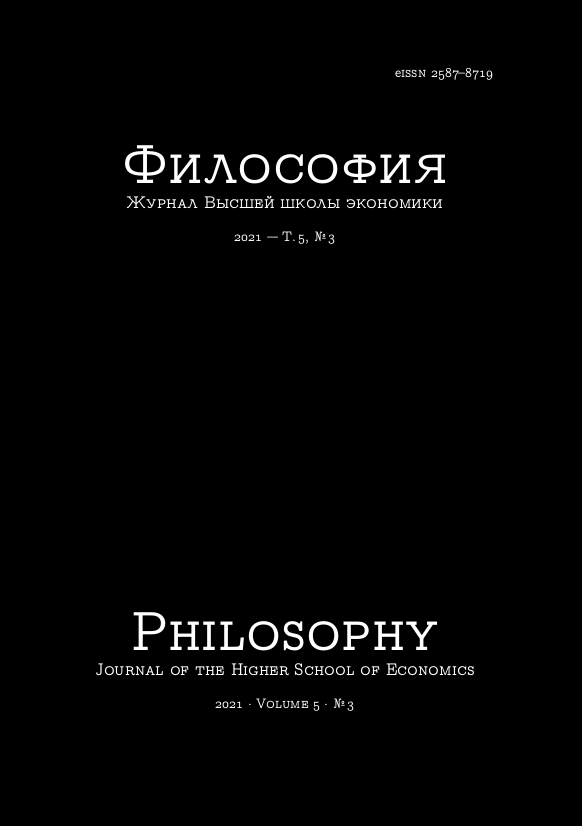Dostoevsky and Phenomenology
Abstract
The article examines the similarity of Fyodor Dostoevsky's artistic techniques and the methods of philosophical phenomenology. Due to the special tuning of the author's voice in the works of the writer, the universe of his characters is a kind of analogue of Husserl's Lebenswelt. The voice of the author, the narrator in the polyphonic novel serves as an intermediary, a kind of detector, with the help of which the human universe is studied, through which the fundamental spiritual position of the characters is revealed. It was not immediately that the Russian writer managed to find the compositional position of the narrator, whose vision on the one hand had to be comprehensive, and on the other — not to violate the open and dialogical atmosphere of the novels. Using the example of the analysis of the story “The Meek One”, the similarity of Dostoevsky's techniques and the method of phenomenological reduction is shown. In the process of self-knowledge, the hero “brackets” all the surface layers of his life, social, psychological, and discovers the last truth about himself in the face of God. The author of the article understands this closeness not by chance: the very origin of the analysis of consciousness in phenomenology is connected with the tradition of the culture of repentance in the Christian Church.
Downloads
Copyright (c) 2021 Philosophy. Journal of the Higher School of Economics

This work is licensed under a Creative Commons Attribution-NonCommercial 4.0 International License.






